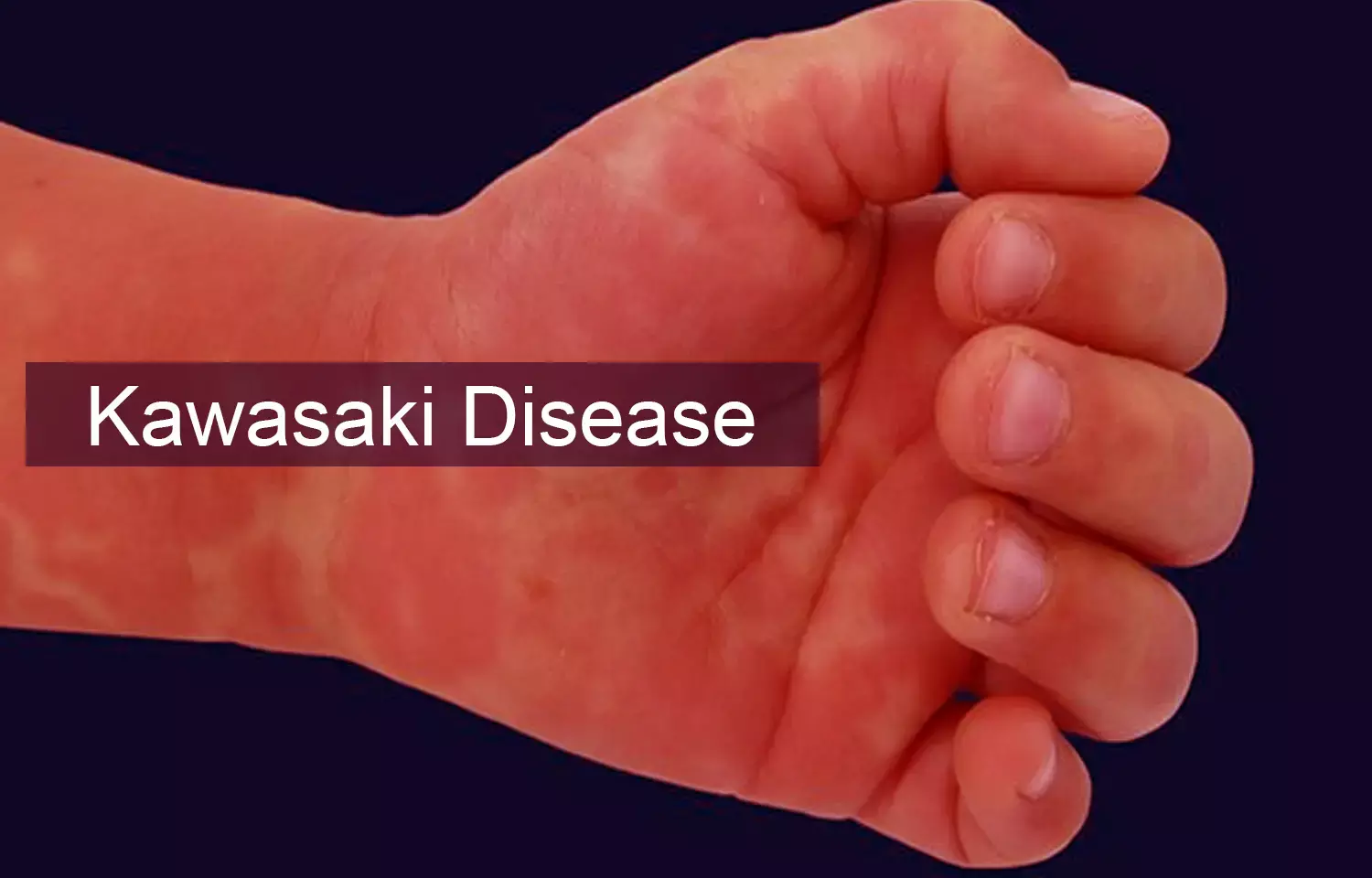- Home
- Medical news & Guidelines
- Anesthesiology
- Cardiology and CTVS
- Critical Care
- Dentistry
- Dermatology
- Diabetes and Endocrinology
- ENT
- Gastroenterology
- Medicine
- Nephrology
- Neurology
- Obstretics-Gynaecology
- Oncology
- Ophthalmology
- Orthopaedics
- Pediatrics-Neonatology
- Psychiatry
- Pulmonology
- Radiology
- Surgery
- Urology
- Laboratory Medicine
- Diet
- Nursing
- Paramedical
- Physiotherapy
- Health news
- Fact Check
- Bone Health Fact Check
- Brain Health Fact Check
- Cancer Related Fact Check
- Child Care Fact Check
- Dental and oral health fact check
- Diabetes and metabolic health fact check
- Diet and Nutrition Fact Check
- Eye and ENT Care Fact Check
- Fitness fact check
- Gut health fact check
- Heart health fact check
- Kidney health fact check
- Medical education fact check
- Men's health fact check
- Respiratory fact check
- Skin and hair care fact check
- Vaccine and Immunization fact check
- Women's health fact check
- AYUSH
- State News
- Andaman and Nicobar Islands
- Andhra Pradesh
- Arunachal Pradesh
- Assam
- Bihar
- Chandigarh
- Chattisgarh
- Dadra and Nagar Haveli
- Daman and Diu
- Delhi
- Goa
- Gujarat
- Haryana
- Himachal Pradesh
- Jammu & Kashmir
- Jharkhand
- Karnataka
- Kerala
- Ladakh
- Lakshadweep
- Madhya Pradesh
- Maharashtra
- Manipur
- Meghalaya
- Mizoram
- Nagaland
- Odisha
- Puducherry
- Punjab
- Rajasthan
- Sikkim
- Tamil Nadu
- Telangana
- Tripura
- Uttar Pradesh
- Uttrakhand
- West Bengal
- Medical Education
- Industry
Patients with Kawasaki disease have increased risk of allergic diseases: BMC

A new study published in the journal of BMC Pediatrics showed that compared to children without Kawasaki disease (KD), children with KD showed a slightly greater frequency of allergic diseases, particularly urticaria and rhinitis.
Kawasaki disease is the primary source of serious heart problems, especially aneurysms in the coronary arteries. Although KD has distinct clinical features, its precise etiology is yet unclear. Immune dysregulation has been linked to KD, indicating a possible connection between the disorder and allergy disorders, even if its exact cause is yet unknown. Prior epidemiological research has revealed conflicting results on this link in various nations. Thus, this study was set to examine the relationship between KD and allergy illnesses in Korea, as determined by Jae-Hee Seol and colleagues.
Using information from the Korean National Health Insurance database, population-based cohort research was carried out across the country. Admissions with a primary diagnosis of KD and treatment records for immunoglobulin or aspirin were classified as KD patients. There was no KD diagnosis in the control group. Using propensity score matching, 41,806 KD cases and 1,63,548 controls were matched 1:4 between 2008 and 2015. Using hazard ratios (HRs) and odds ratios (ORs), the incidence and prevalence of urticaria, atopic dermatitis, rhinitis, and asthma were examined between 2017 and 2021.
The mean age of KD patients was 2.63 ± 1.84 years, while the mean age of controls was 2.64 ± 1.85 years (P = 0.119). In the KD group, there were 42.20% more females than in the control group (42.60%; P = 0.145). The patients with KD were far more likely to get urticaria and rhinitis. The incidence of atopic dermatitis and asthma, however, did not significantly correlate.
A lower incidence of all allergy illnesses was linked to a KD diagnosis at age 5 or older. The KD group had a considerably greater prevalence of all the allergic illnesses that were examined, with rhinitis and urticaria showing the highest correlations. The incidence of allergy diseases was similarly impacted by urban lifestyle and gender.
Consistent findings from a sensitivity analysis that took the COVID-19 pandemic into consideration supported the link between KD and a higher risk and prevalence of allergy diseases. Overall, KD may be a risk factor for later allergy illnesses because it was found to be significantly associated with an elevated risk of allergic diseases.
Source:
Seol, J.-H., Eun, L. Y., & Lee, J.-H. (2025). Long-term risk of allergic disorders following Kawasaki disease: a population-based cohort study. BMC Pediatrics, 25(1), 380. https://doi.org/10.1186/s12887-025-05724-3
Neuroscience Masters graduate
Jacinthlyn Sylvia, a Neuroscience Master's graduate from Chennai has worked extensively in deciphering the neurobiology of cognition and motor control in aging. She also has spread-out exposure to Neurosurgery from her Bachelor’s. She is currently involved in active Neuro-Oncology research. She is an upcoming neuroscientist with a fiery passion for writing. Her news cover at Medical Dialogues feature recent discoveries and updates from the healthcare and biomedical research fields. She can be reached at editorial@medicaldialogues.in
Dr Kamal Kant Kohli-MBBS, DTCD- a chest specialist with more than 30 years of practice and a flair for writing clinical articles, Dr Kamal Kant Kohli joined Medical Dialogues as a Chief Editor of Medical News. Besides writing articles, as an editor, he proofreads and verifies all the medical content published on Medical Dialogues including those coming from journals, studies,medical conferences,guidelines etc. Email: drkohli@medicaldialogues.in. Contact no. 011-43720751


